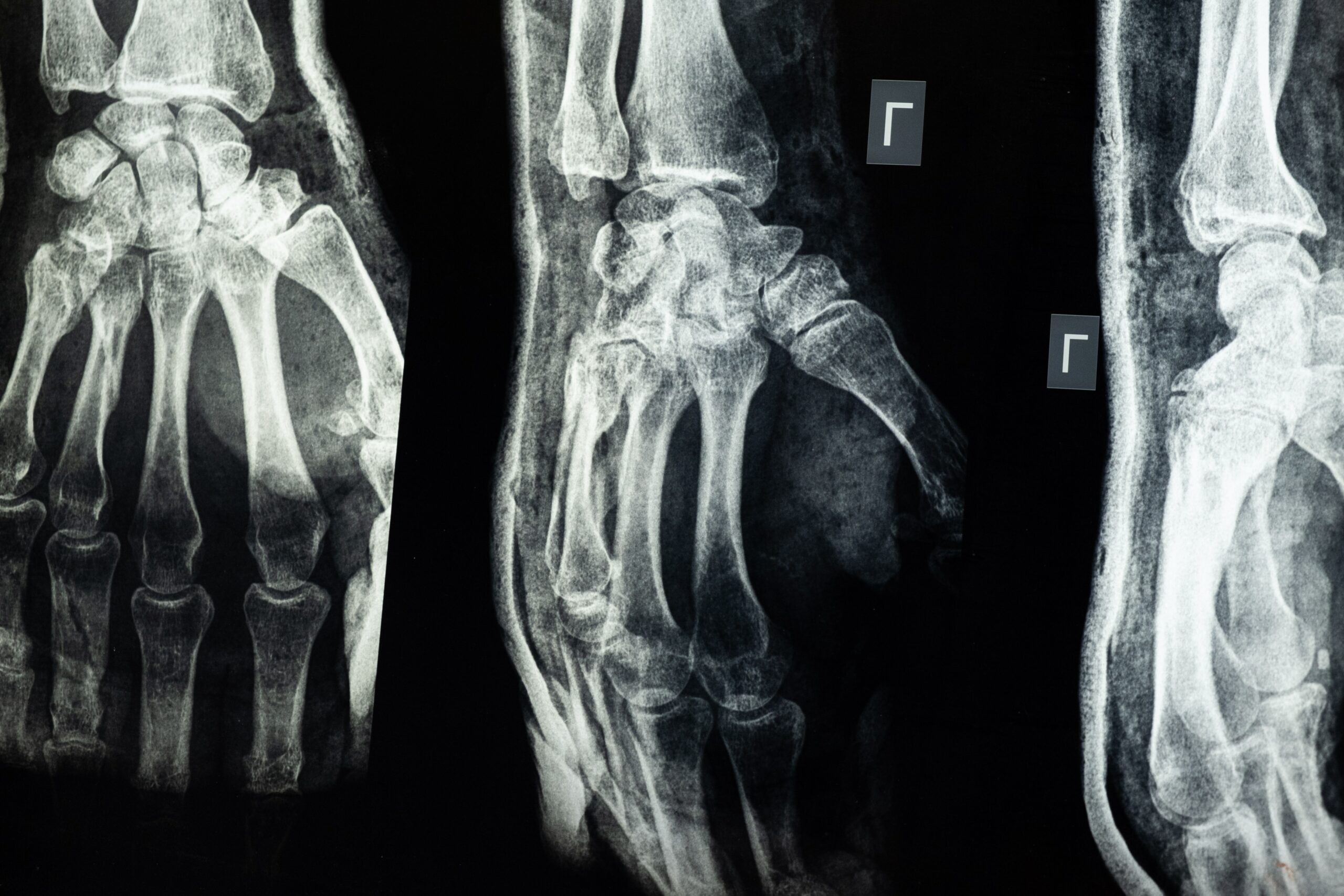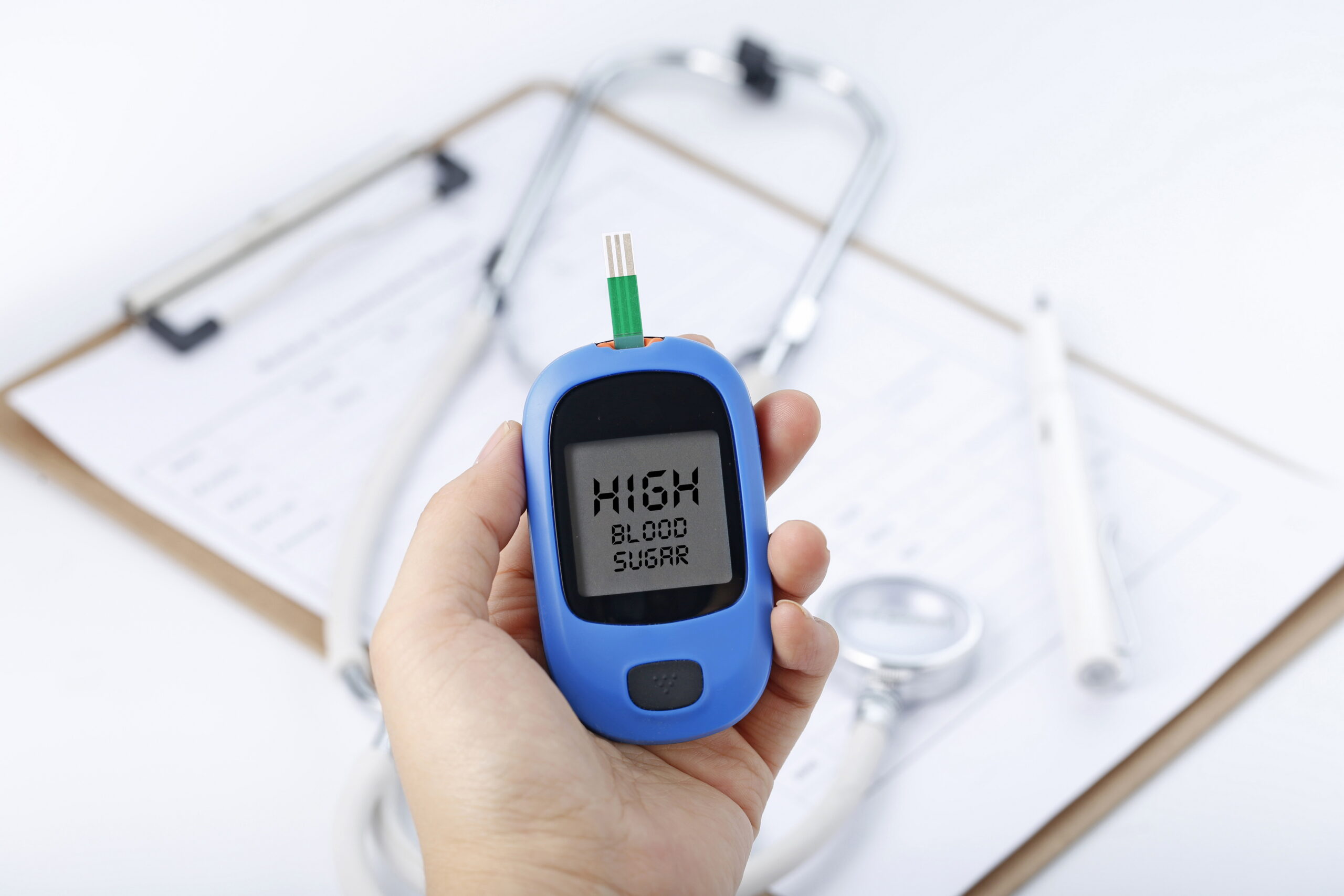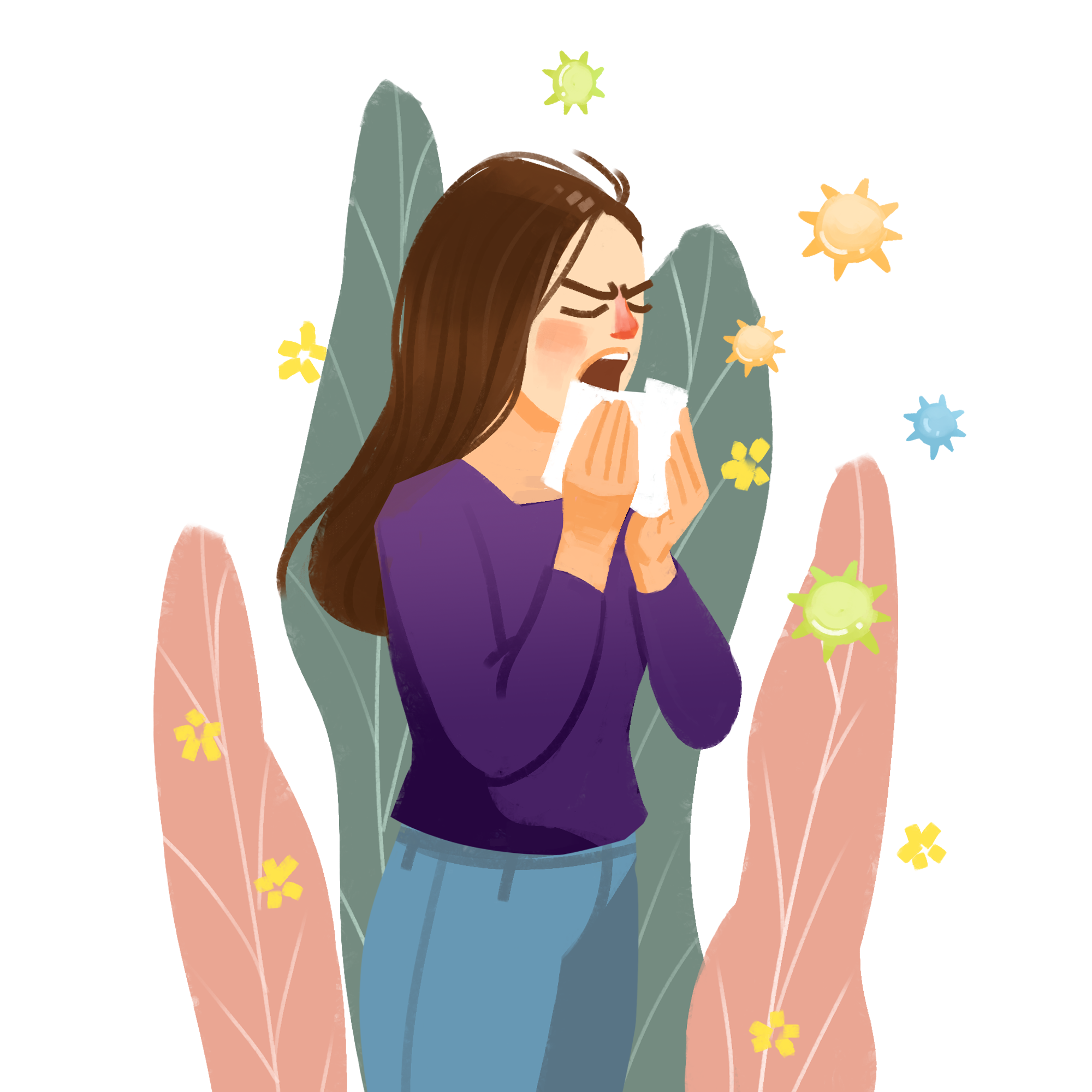Dislocated Shoulder: Shoulder joints are probably the most common and easily dislocated joints in the body. In fact, 25% of shoulder dislocations patients have associated fractures. For this reason, it is important to talk about this injury, explore its symptoms, and know first aid.
Dislocated Shoulder
A dislocated shoulder occur when parts of the upper arm pop out of the shoulder joint. The upper arm bone is located in a very shallow socket, making it highly mobile but prone to dislocations.
This injury disables the shoulder joint causing a considerable amount of pain for the person. The usual way to get dislocations is through forward and downward movements, but it can also happen with backward movements too. Once a shoulder suffers a dislocation, it may happen again. And the more times it happens, the more prone you will be to have dislocated shoulder.
It is vital to apply basic first aid and then transport the person to the nearest emergency room for severe dislocations.
Signs & Symptoms
Shoulders can easily dislocate when you fall on your shoulder heavily during activities. This usually occurs in sports, accidents, falls, seizures, and electric shocks.
To know whether your shoulder is dislocated, look for the following signs and symptoms.
- Inability to move the arm and feeling pain when trying to do so.
- Deformity on outer appearance (compare dislocated shoulder to another side)
- Lump or bulge under the skin, above the arm bone.
As with other bone-related injuries, a dislocated shoulder may have proper symptoms such as nausea, vomiting, sweating, lightheadedness, and feeling weak. These happen because of the vagus nerve stimulations, which block the body’s adrenaline response.
First Aid For Dislocated Shoulder
As with general sprains and strains, a dislocated shoulder will require early first aid treatment and immobilisation. Here are steps to take for a dislocated shoulder.
1. Call 000
Call emergency services if the injury was caused by a road traffic accident or the shoulder receives a severe blow. A medical response is needed, especially if the person has a weak pulse or numb, cold, and pale arms. If you do not have a mobile phone with you, take the victim to the nearest medical facility or hospital for treatment.
2. Immobilise The Shoulder
Immobilise the injured arm or shoulder by placing it against the person’s chest. Do it by supporting the arm and using a triangle bandage or sling in a static position. This will secure the shoulder injury in place so it does not swing or move around.
3. Check The Casualty
Once a sling or bandage is in place, check the person’s pulse every 5 minutes. Do this around the wrist or fingertips to ensure that blood supply has not been disrupted or cut off.
4. Control Swelling
Apply an ice pack for 20 minutes, approximately 4 to 8 times a day. Do not place the ice directly against the skin as it can cause burns.
5. Take Medications
Some over-the-counter medications, such as acetaminophen (Tylenol) or ibuprofen (Advil, Motrin), can help ease pain and swelling. Avoid Ibuprofen and other NSAIDs if the person has a prior condition of heart or kidney failure. If the shoulder continues to dislocate or the pain becomes unbearable, surgery may be required.
Takeaway
Shoulder dislocation can cause agonising pain. The casualty must be provided with reassurance, care, and appropriate First-aid immediately.
Unfortunately, for most shoulder dislocations – the person may not be able to work while waiting for the injury to heal. The injury can have a severe impact on life, and the person may have a hard time adapting to the situation. By providing the right First Aid for shoulder dislocations, you are giving the person the best chance of swift recovery. In that way, they can return to their normal way of life at the earliest possible time.
Get a first aid course and provide the right treatment to any sprains, strains, and dislocations.
Visit First Aid Course Perth for more information.






